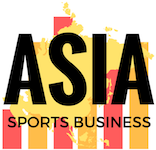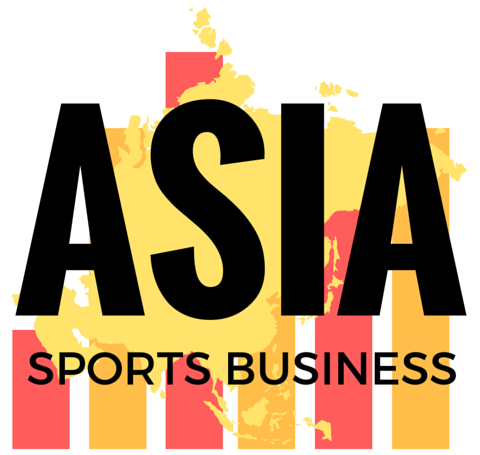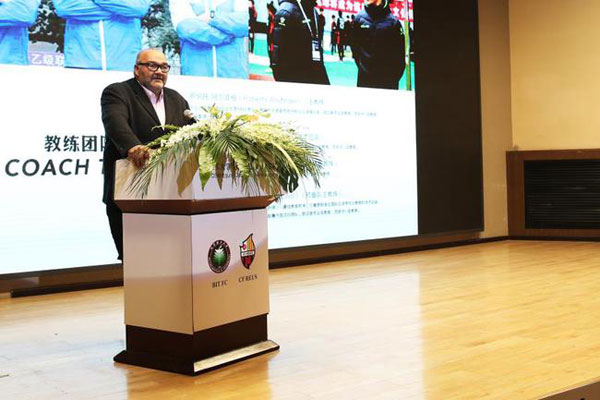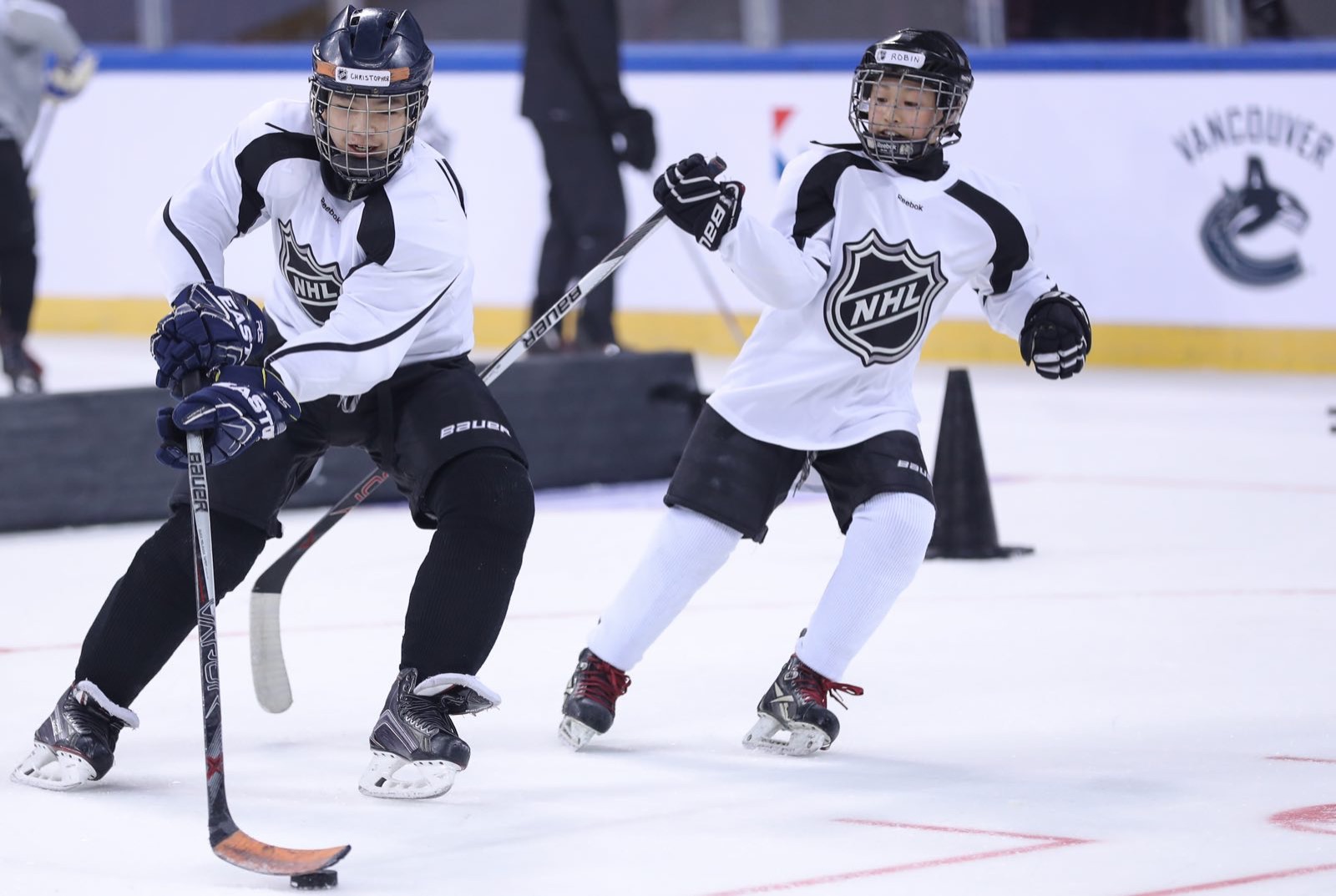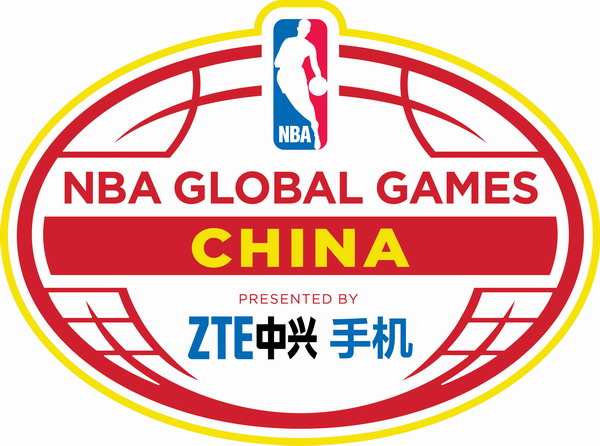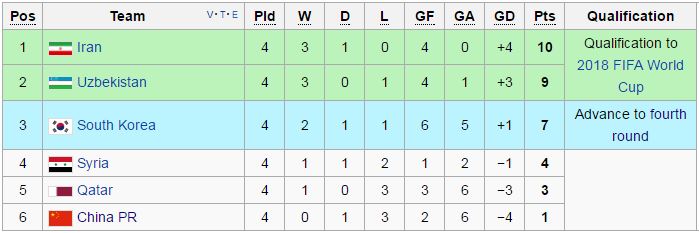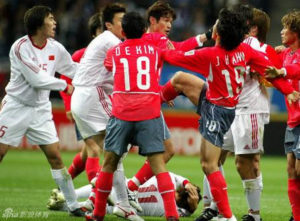By: Matthew J Walker
“Nothing or no one can be No. 1 in the world unless it is No. 1 in China.” NBA Commissioner Adam Silver made this statement to the Chinese media during this year’s ‘Global Games’ tour in China. 2016 was the 10th edition of the China Games, where the Houston Rockets and New Orleans Pelicans swept into Shanghai and Beijing for a pair of preseason games. The tour brought all of the glitz, glamor and excitement — including NBA stars James Harden and Anthony Davis — to the most populous nation on the planet, with 1.4 billion people. With record numbers, fans packed the stands to watch informal practices, 3-point and free throw shooting competitions. The league also conducted ‘NBA Cares’ and ‘Jr. NBA’ community events and league partners hosted numerous interactive fan activities.
“Overseeing our business here in China, I now see over 300 million people playing basketball – the same population of the United States.” NBA China CEO David Shoemaker highlights the growth of the NBA in China has been a calculated journey. The NBA was one of the first American media companies that started ‘live’ broadcasting on Chinese television, which at the time was unprecedented. Once the Internet became popular in China, the NBA created a specific Chinese-language website that featured live game statistics in simplified Chinese that has now grown to over 70 million subscribers. During the 2016-17 season, over 400 regular season NBA games will be shown free and Tencent will stream the rest for a fee. Tencent is one of China’s top Chinese Internet services providers and China’s most valuable brand. This strategic partnership becomes the league’s largest international digital partnership with the NBA to receive a guaranteed $500 million with an additional $200 million to be earned through revenue sharing.
The first Asian player ever drafted in the NBA was China’s Sung Tao by the Atlanta Hawks in the third round in 1987. The first to play in an NBA game was 7-footer Wang Zhizhi, who played five games with the Dallas Mavericks in 1999. There was Mengke Bateer, who joined the Denver Nuggets in 2002. Although, it was the 7-foot-5 Yao Ming, who threw the doors wide open as the 1st overall pick in 2002 with the Houston Rockets. Yao played nine seasons, became an eight-time All-Star, a worldwide celebrity and in September was inducted with Allen Iverson and Shaquille O’Neal into Class of 2016 Basketball Hall of Fame. Chinese fans loved him—so much so that Yao carried the Chinese flag into the Opening Ceremony at the 2008 Beijing Summer Olympics.
Now every NBA club is scouting China, hopeful of finding the next star. Forward Yi Jianlian was drafted No. 6 overall by Milwaukee in 2007 and spent five seasons in the NBA. When Yao and Yi met for the first time in an NBA game during the 2007-08 season, the game drew a TV audience of more than 200 million – equivalent to the super bowl. For American media companies looking to gain presence in China, the NBA serves as the blueprint. This season, the Rockets have scheduled a ceremony to retire Yao Ming’s No. 11 jersey and hang it from the rafters of Houston’s Toyota Center on 2nd February 2017 – coinciding with the Chinese Lunar New Year celebration and hoping to get over 300 million viewers.
While China’s fondness for basketball is more than a century old, it was Yao that turned that interest into real addiction. Yao now living and working as a businessman in his hometown of Shanghai, as become the owner of the Shanghai Sharks of the Chinese Basketball Association (CBA). Rockets team president Tad Brown has said, “Yao has opened up incredible doors on the market front for the NBA. He’s opened up incredible opportunities for the league to continue to expand and grow”. The Chinese government has earmarked basketball as one of its key growth sports in the coming years. Yao has lent his hand and his name to another venture called ‘The Basketball Tournament (TBT)’. A winner takes all, five-on-five tournament, with a mix of former elite college stars and players with NBA experience, which concludes in New York with a final Tuesday night on ESPN. “The partnership between TBT and China is exciting, with the goal of extending the growth of basketball beyond the terrific work done by NBA China at the grass roots level,” said Ray Katz, a veteran sports marketer and professor at Columbia University.
Other leagues can learn from the NBA’s game plan to build a massive audience in the world’s most populous country. The NBA announced a first in its ownership history, when a Chinese investor, 35-year-old businessman Lizhang Jiang, acquired a 5% stake in the Minnesota Timberwolves. What’s more, when exploring international playing opportunities, there are now 34 former NBA players in the CBA this season – including Josh Smith and Carlos Boozer – where the pay is better than those offered in Europe. It’s worth noting, the establishment of offices in Shanghai and Beijing were brilliant moves made by the NBA to garner interest through exhibition games, family-oriented interactive experiences, and meet-and-greets to familiarize the Chinese with American sports stars.
Finally, the NBA has long had a big fan base in China and now the league hopes to start recruiting talent there as well. The NBA announced it’s opening a set of training camps in China for elite male and female players. The “NBA Academies” are slated to launch in Hangzhou, Jinan and Urumqi, China in 2017. Players will get instruction from NBA-trained coaches in addition to attending school and learning about leadership and character development. “NBA Academies are the logical next step in the league’s global grassroots basketball activities,” said NBA Commissioner Adam Silver. “Top international prospects will benefit from a complete approach to player development that combines NBA-quality coaching, training and competition with academics and personal development.” As the first American professional sports league to compete in China, the NBA’s has already achieved significant return on investment, with unprecedented levels of popularity and securing meaningful partnership opportunities to leverage into the future.
Reference List
Blinebury, F (2016). ‘Politics, lack of clear direction stifle China’s basketball talent’. Retrieved on 11/09/2016 from: http://www.nba.com/article/2016/10/11/chinas-lack-nba-talent-remains-mystery
Greenburg, J (2016). ‘What the NBA Knows About China That Silicon Valley Doesn’t’. Retrieved on 11/09/2016 from: https://www.wired.com/2016/06/nba-knows-china-silicon-valley-doesnt/
NBA.com (2016). ‘New Orleans Pelicans and Houston Rockets Headline 10th Edition of NBA Games in China’. Retrieved on 11/09/2016 from: http://www.nba.com/pelicans/new-orleans-pelicans-and-houston-rockets-headline-10th-edition-nba-games-china/
Patterson, D. (2016). ‘NBA China and the Globalization of Basketball’. Retrieved on 11/10/2016 from:
https://businesssideofsports.com/2016/02/24/nba-china-and-the-globalization-of-basketball/
Simkins, T (2016). ‘Can new American basketball venture succeed in China?’ Retrieved on 11/09/2016 from:
https://asiasports.business/can-a-new-american-basketball-venture-succeed-in-china-with-help-from-yao-ming-its-a-million-dollar-question/
Tuchman, R (2016). ‘China Can’t Get Enough Of The NBA’. Retrieved on 11/10/2016 from:
http://www.forbes.com/sites/roberttuchman/2016/07/07/how-china-and-the-nba-are-bridging-together-the-global-sports-community/#89e02bd8825f
